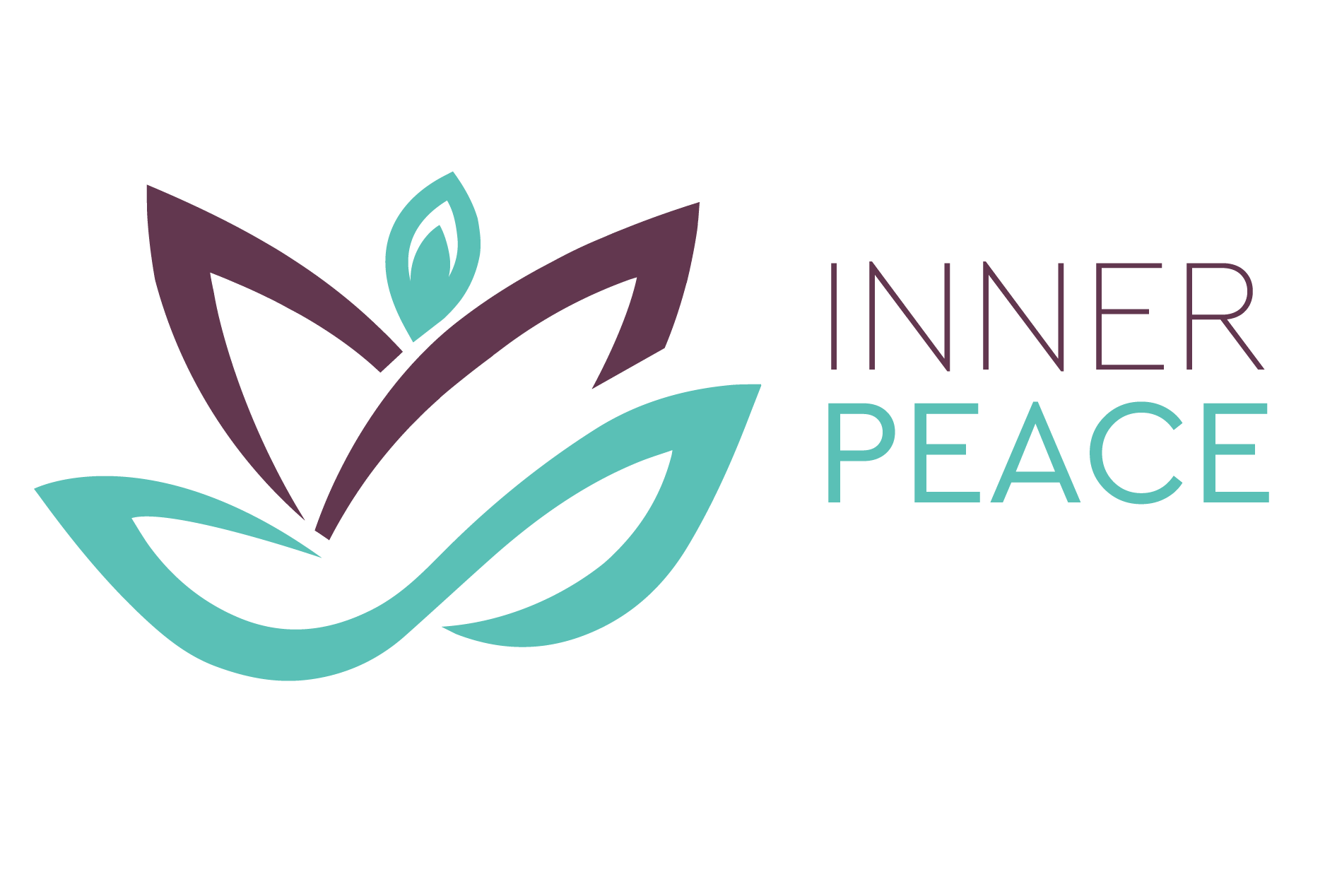On November 21, 2024, at the Pope Francis Leadership Hall in Sacred Heart School – Ateneo de Cebu, Mr. Philipp Chen Tan, a psychologist and mental health advocate, spoke to a large group of Junior High School students.
The talk, entitled “Mindful Connections: Coping with Social Pressures and Comparison Beyond the Likes,” addressed an issue affecting more young people today than ever before: the pressure to compare oneself to others, particularly in the age of social media.
During the session, he was met with curiosity, thoughtful questions, and an eagerness to learn.
The Power and Pitfalls of Social Media
The talk began by acknowledging the undeniable benefits of social media—it allows individuals to connect with friends, learn new things, and even inspire others.
However, as powerful as it can be, social media also has its downsides, particularly when it comes to triggering unconscious social comparison.

The tendency to compare ourselves to others is, in fact, a biological instinct. From an evolutionary perspective, comparison helped ensure that individuals remained relevant and belonged within their social groups—a crucial aspect for survival.
However, in today’s world, where comparison is instantaneous and constant (thanks to social media), this instinct can be overwhelming. We have little control over it, and it often leaves us feeling inadequate or disconnected.
Self-Esteem vs. Self-Compassion: The Modern Mental Health Shift
A key insight shared during the talk was the shift in mental health standards from self-esteem to self-compassion.
Mr. Tan highlighted that, in the past, self-esteem was considered the gold standard for emotional well-being.
However, in recent years, research and clinical practice have shown that self-compassion is a far more effective tool for maintaining emotional health.

- Self-Esteem: In the traditional model of self-esteem, individuals need to compare favorably to others in order to feel good about themselves.
If they fail, make a mistake, or fall short, it can lead to feelings of shame and inadequacy. It is an all-or-nothing approach, often leaving individuals vulnerable to negative self-talk and external judgments. - Self-Compassion: In contrast, self-compassion involves treating oneself with the same kindness, care, and understanding that one would offer to a friend during difficult times.
Rather than focusing on comparison, self-compassion allows individuals to embrace their imperfections and mistakes as part of the shared human experience.
As Mr. Tan put it, “It’s okay if you feel you aren’t good enough. This is your brain comparing itself as it should. Just remember to be kind to yourself and know that you are actually enough.”
In a world where the pressure to measure up is constant, self-compassion helps individuals be kinder to themselves. Whether they succeed or fail, they can still value their efforts and growth. Self-compassion ensures that they are always “enough,” regardless of external validation.
Engaging the Mindful Youth
The students were active participants throughout the session, sharing their thoughts, feelings, and questions about how social media affects their self-image and mental health.
The energy in the hall was palpable—full of bright, curious minds eager to understand how they could navigate the complex web of social pressures in healthier ways.
Their questions ranged from how to deal with online bullying to how they could build healthier relationships with social media platforms. These discussions were vital, as they allowed Mr. Tan to uncover the deeper emotional struggles many face in silence.

A Call for Mindfulness and Compassion
As the session drew to a close, Mr. Tan encouraged the students to practice mindfulness—a technique that helps individuals become more aware of their thoughts and emotions without judgment.
Being mindful means recognizing when the urge to compare arises and choosing, in that moment, to be kind to oneself instead of falling into the trap of negativity.
In moments of self-doubt, Mr. Tan reminded the students: “The pressure to ‘be like’ others is a natural human tendency, but it doesn’t define our worth. Each individual has a unique path, and true peace is found in accepting ourselves as we are.”
As a psychologist, Mr. Tan believes that fostering self-compassion and mindfulness among young people is essential for building emotional resilience.
The sooner they learn these skills, the better equipped they’ll be to handle the inevitable challenges of life, especially in a world where social comparison is rampant.
Join Us for More Conversations on Mental Health
At Inner Peace PH, we are committed to creating spaces for meaningful conversations about mental health and personal well-being. We believe that true peace comes from understanding ourselves and embracing our imperfections.
If this event piqued your interest, don’t worry—our next workshops and events are just around the corner. We’re just a message away!
Follow us on our Facebook page to stay updated on upcoming events and articles that promote mental wellness, mindfulness, and self-compassion.


